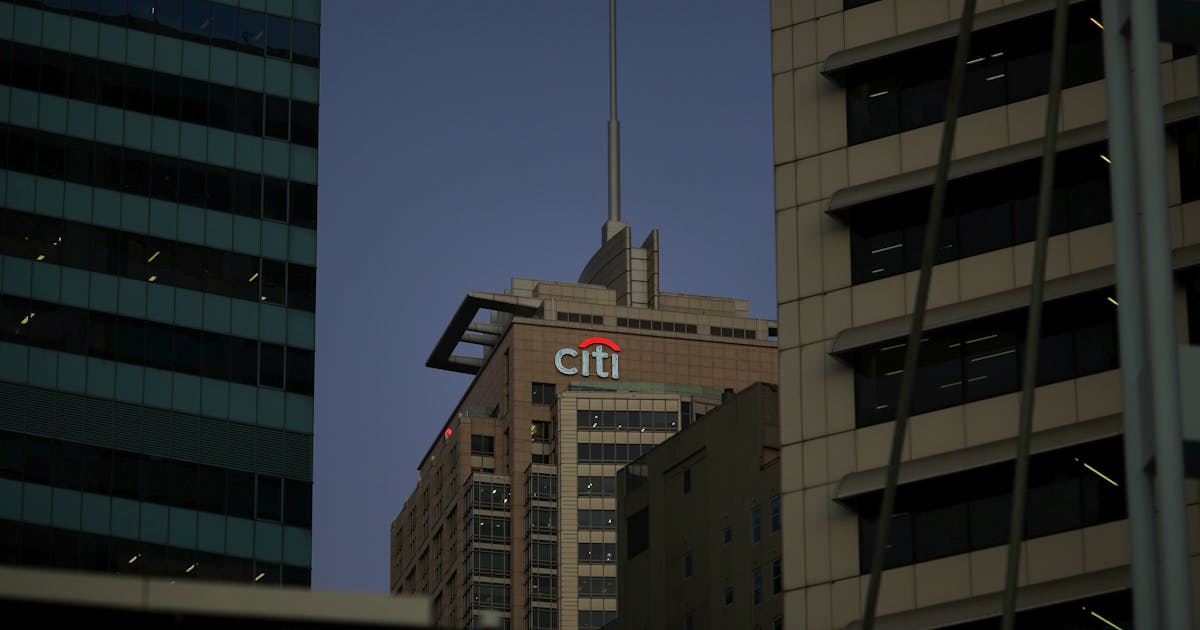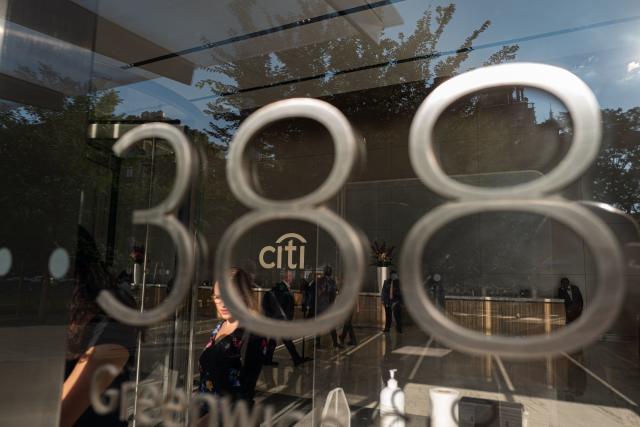Adani Group said and claimed by a source with direct knowledge of the situation, as the conglomerate struggles to recover from a short-seller attack, Citigroup’s wealth unit has stopped offering margin loans to its clients against the securities of the troubled Adani Group in India.

It is common for financial institutions to offer margin loans, which allow clients to borrow money to invest in securities.
In this case, the institution is offering margin loans against the securities of the Adani Group in India.
The fact that the securities are considered “troubled” may indicate that there is a higher level of risk involved, and clients should consider this before taking out a margin loan against these securities.
As a result of the U.S. short-sellers criticisms, the group’s flagship company, Adani Enterprises NSE -26.7%, abruptly canceled its $2.5 billion share sale on Wednesday, wiping billions more off the value of the Indian tycoon’s stocks.
According to the source, who requested anonymity due to the sensitivity of the matter, Citi’s wealth unit decided to reduce the loan-to-value ratio for credit against Adani securities to zero on Thursday.
Major thing Before offering margin loans to clients against securities, financial institutions typically take the following steps to ensure the safety and soundness of the loan:
Conduct due diligence: The institution will perform a thorough analysis of the securities offered as collateral, including a review of the issuer’s financial health, market conditions, and other relevant factors.
Set loan-to-value (LTV) ratios: The institution will determine the maximum amount it is willing to lend based on a set LTV ratio, which is the ratio of the loan amount to the value of the collateral.
This helps ensure that the institution has sufficient collateral to cover the loan in case the value of the securities declines.
Monitor collateral value: The institution will regularly monitor the value of the collateral to ensure it remains sufficient to cover the loan. If the value declines, the institution may require the client to provide additional collateral or reduce the loan amount.
Risk management: The institution will implement risk management processes to minimize the risk of loss and ensure that loans are made under sound risk management practices.
These are just a few examples of the steps that financial institutions typically take before offering margin loans to clients against securities. The specific steps will vary depending on the institution and the circumstances of each loan.
The source stated that the loan-to-value range for the majority of stocks was between 65% and 80% but did not state what the limit was for Adani’s securities.

According to a source citing a Citigroup internal memo, “Adani-issued securities have seen a dramatic price drop in recent days.” “Stock and bond prices have fallen as a result of the bad news regarding the group’s financial health.”
To know a brief about the memo of Adani and its securities A memo is an internal document used to communicate information within an organization. Memos can be important for several reasons:
- Communication: Memos allow for clear and concise communication of information, ideas, and policies within an organization.
- Record-keeping: Memos serve as a record of important decisions, actions, and discussions within an organization.
- Transparency: By circulating information in a memo, organizations can ensure that all relevant parties are aware of important developments and can act accordingly.
As for the reason why share prices fall, there could be many factors, including:
Economic conditions: Changes in the economy, such as recession or inflation, can impact the stock market and cause share prices to fall.
Company-specific news: negative news about a particular company, such as financial losses or scandals, can cause its share price to fall.
Market sentiment, or the overall mood of investors, can cause share prices to rise or fall. Negative sentiment can lead to a sell-off, driving down share prices.
Competition from other companies in the same industry can impact a company’s financial performance and cause its share price to fall.
Regulatory changes: Changes in government regulations can impact a company’s financial performance and cause its share price to fall.
These are just a few examples of why share prices may fall. It is important to keep in mind that stock markets are complex and that multiple factors can impact share prices.
According to the source, the bank stated in the memo—which Reuters has not seen—that it was immediately removing the lending value from all Adani-issued securities but added that, in light of its projections, the impact on its portfolio of margin loans was minimal.
Citi opted not to respond.
In addition to reporting on Wednesday that Credit Suisse (CSGN.S) had stopped accepting bonds issued by companies in the Adani Group as collateral for margin loans to its private banking clients, Bloomberg News also reported on Citi’s earlier action. Credit Suisse chose not to respond.
Also, read these articles.


















